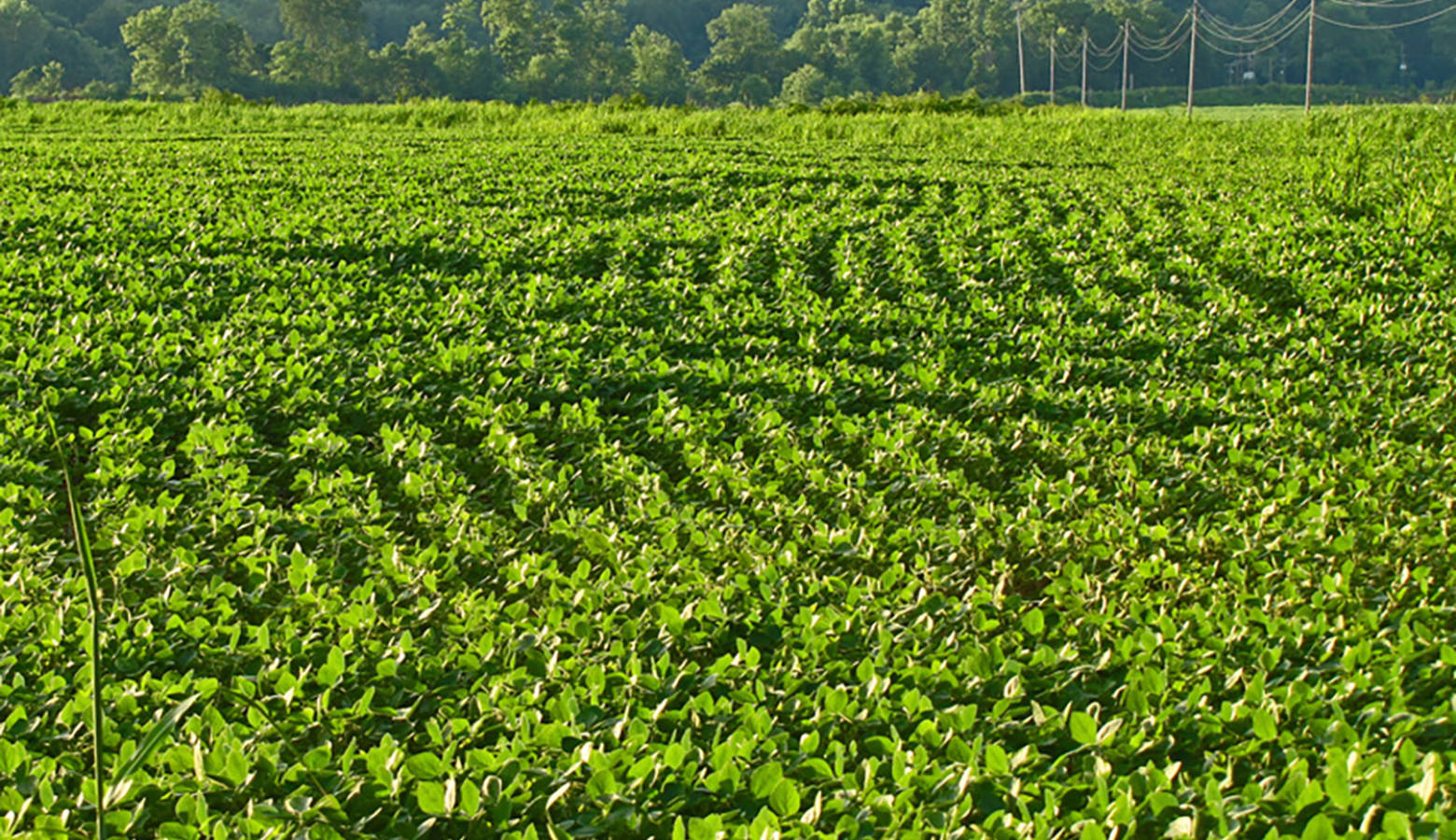China’s Newest Proposal Hits Indiana Right In The Soybeans

China’s newest list of proposed tariffs include one of Indiana’s staple crops – soybeans – and would hit the Hoosier agriculture industry hard.
Purdue professor of agricultural economics Wally Tyner and colleague Farzard Taheripour studied the possible impact the tariff like the one announced would have on the U.S. Tyner says the 25 percent proposed tariff on soybeans would hurt the U.S. economy.
“Our estimate is that US economic well-being, think of it as GDP, falls about $3 billion a year,” Tyner says. “In other words, it’s lower by $3 billion than it would be otherwise. That’s a significant amount.”
Soybean production leads the way with corn as being one of the most produced crops in the Hoosier state.
“Soybeans are so important to Indiana agriculture, anything that adversely affects soybeans, is gonna adversely affect Indiana farmers,” says Wally.
However the impact would not be expected to be felt this year.
“Farmers are more or less made their decision on what to plant. This is the part of the year that South America does it’s exporting to China. We export after we harvest in the fall and they don’t export during that period,” says Wally. “So nothing happens this year really; even if the tariff is put into place.”
That would leave four to five months of possibly having negotiations to prevent the tariff from taking full effect. However, if the 25 percent soybean tax sticks, the long-term impact will not just be felt by soybean farmers.
“Basically other countries take U.S. market for soybeans,” says Tyner. “That means soybean production and prices fall here. And since ag commodity prices tend to move together, that means that corn prices fall.”
In an already struggling industry, the tariff would only hurt farmers even more.
“The farm income has already been falling and is already pretty low,” says Tyner. “And for crop farmers there’s no doubt that if this persisted, it would result in lower prices for crops. And unless there were a substantial fall in crop inputs – fertilizer, seeds, and things like that – that means their income is going to fall even further.”
The most recent list of proposed tariffs by China on U.S. goods comes after President Donald Trump earlier this week released his list of possible Chinese goods that may be taxed.
Looking at the numbers, Tyner says if a trade war erupts, both China and the U.S. will lose.
“One of the interesting things about our estimates is that US economic well-being goes down $3 billion a year, Chinese economic well-being goes down $3 billion,” says Tyner.
No start date for the soybean tariff has been announced.

